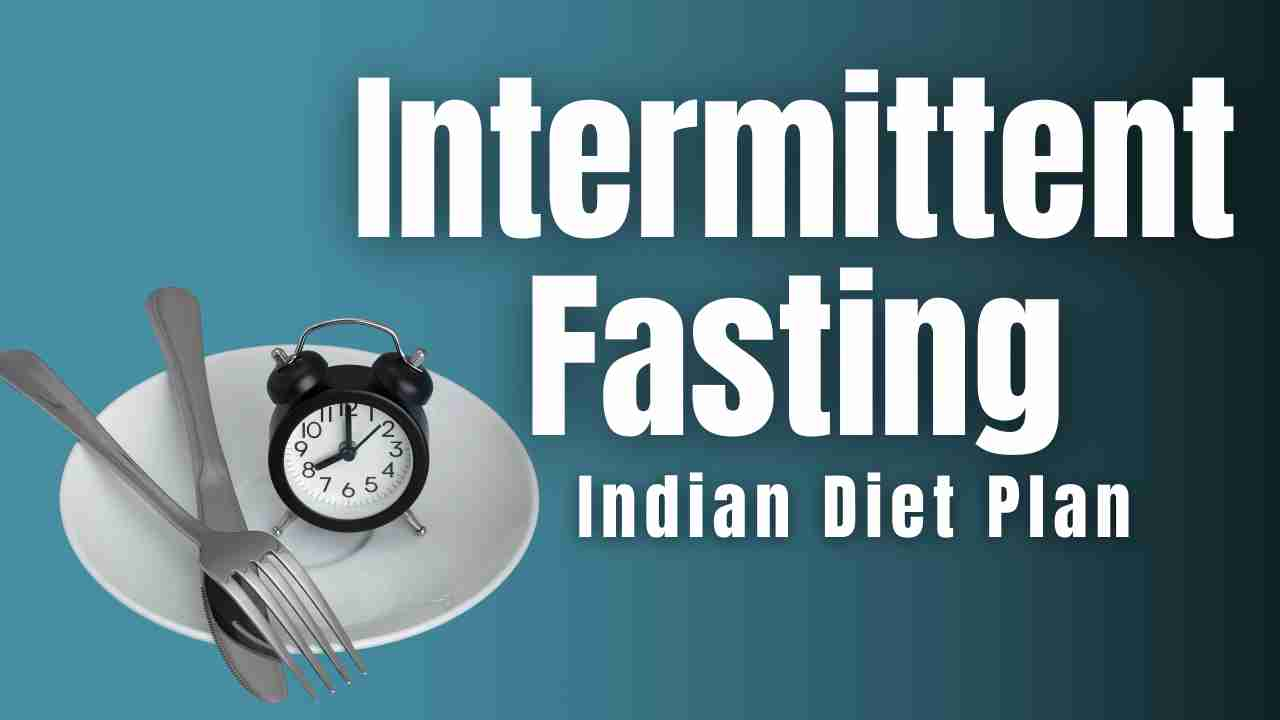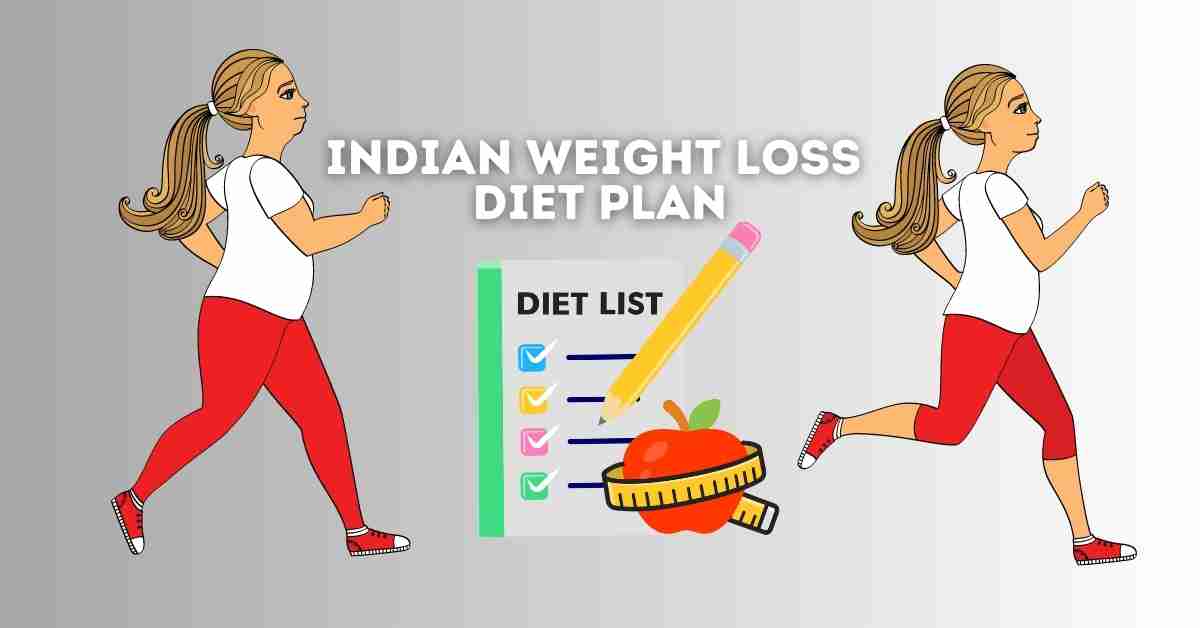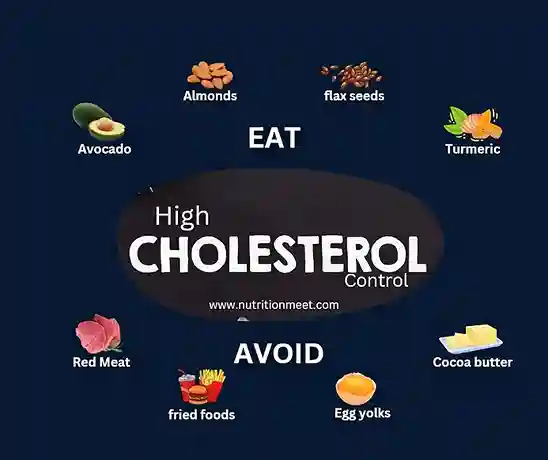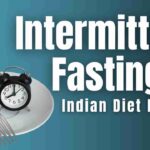Knowledge is a great exercise to beat any condition, likewise knowing How to prevent cholesterol? and if you are here, I am sure you are a health champion who cares about your family and your own health, and today, you are trying to know What is Cholesterol? What is a lipid profile test; what causes cholesterol and how to prevent it? The disease cannot be hidden, and it should not be hidden. You know what? There should be no disease at all.
But unfortunately, it is achieving its all-time growth day by day and year by year. And there’s only one way to fix it. To know the cause of disease. Oops, somewhere, we know that too. Now what? So, let’s find out about Cholesterol, one of the thousands of diseases.

Table of Contents
What is Cholesterol?
Cholesterol is a type of lipid found in the bloodstream. Lipids are a type of molecule that make up the body’s fatty tissues and cell membranes. The body needs cholesterol to make hormones, cell membranes, and other important substances [1].
The maintenance of the optimum level of cholesterol is important since deficiency is related to Hypocholesterolaemia, and higher levels are associated with hypercholesterolemia. Both conditions can lead to chronic diseases.
However, high cholesterol or also called hypercholesterolemia is a condition associated with the elevation of Low-density lipoprotein (LDL) cholesterol; in fact, in simple words, it is defined as a higher concentration of lipids or fats within blood vessels. These higher
In contrast, hypocholesterolaemia is a condition where total cholesterol, as well as Low-density lipoprotein (LDL) cholesterol levels, reach below the 5th percentile of the general population adjusted for age, gender, and race [4].
The lipid profile test
The cholesterol cannot dissolve in water or blood, therefore, it is transported through the blood by packing into the parcel together with various proteins and other things. Depending upon the other components packed with cholesterol make different kinds of cholesterol, like,

Best 7 days Intermittent fasting diet plan Indian

The Truth About Calorie Counting: Balancing Weight Loss and Mental Health
High-density lipoprotein (HDL) cholesterol: generally considered a “good cholesterol” since normal to high levels are associated with lower cardiovascular disease risk.
Low-density lipoprotein (LDL) cholesterol: is generally measured as “bad cholesterol” since the increase in LDL concentration is directly proportional to an increase in the risk of cardiovascular disease.
For the diagnosis of high cholesterol, the lipid profile test is done, in which levels of total cholesterol, High-density lipoprotein (HDL) cholesterol, Low-density lipoprotein (LDL) cholesterol, and Triglycerides are measured in order to establish the level of risk.
The total cholesterol depicts how much overall cholesterol an individual has in the blood vessel. It is mandatory that you go for a lipid profile, especially total cholesterol and LDL, on an empty stomach [6].
Symptoms of high Cholesterol?
Cholesterol is a silent killer without any visible symptoms. But, if you have had high cholesterol for many years, then it is the cause of the following health conditions [2].
1. Angina
2. Heart attacks
3. Stroke
Hence, to maintain heart health, a periodic blood test is the only way to identify the cholesterol deposition and level of deposition in the arteries.
High cholesterol can be defined if, in the blood test, you find Low-density cholesterol higher than 190 mg/dL in an individual without any prior heart disease [3].
What causes high cholesterol?
The cholesterol levels, especially high cholesterol, depend on two factors your gene and your lifestyle.
Gene:
The very high (>300mg/dL) is generally due to genetic defects, i.e., defects in genes that regulate LDL receptors in the liver, which may begin in childhood itself, which is also called familial or primary hypercholesterolemia.
Unhealthy eating patterns:
It consists of eating particularly one type of food high in fat, especially high saturated fat and trans fats. These are predominantly found in meats, dairy, baked goods, chocolate, deep-fried foods, and processed foods. Eating these kinds of foods high in saturated and trans fats elevates LDL cholesterol. However, there is no effect of dietary cholesterol in an increase in cholesterol in the blood.

Lack of physical movements:
If the person is doing a stagnant job with a lack of movement, then they are at high risk of high cholesterol; hence it is recommended to do physical exercise before or after work. In one of the studies, it was noticed that along with a proper diet and physical exercise can play a vital role in the treatment of elevated LDL cholesterol levels [5].
Unhealthy lifestyle:
Diet is one part of an unhealthy lifestyle, but apart from it, uncontrolled consumption of liquor and smoking can greatly lead to lipid disorders. While drinking too much can increase the amount of total cholesterol, smoking can lower the good cholesterol, i.e., HDLs.
Medical conditions:
the person on medication with any lifestyle disorder can also develop high cholesterol levels; for example, a person taking medicines for an underactive thyroid gland is at risk. Other disorders like nephrotic syndrome and medical conditions like chronic kidney disease, Diabetes, HIV/AIDS, and Lupus can also lead to hypercholesteremia.
Risk Factor of High Cholesterol?
High cholesterol is the cause of various health issues like atherosclerotic plaques, coronary artery disease, aortic aneurysms, and stroke.
High cholesterol is one of the main instigating points for Atherosclerosis. The increase in cholesterol levels in the plasma alters arterial endothelial permeability, especially allowing the migration of LDL cholesterol particles into the arteries wall. Circulating monocytes adhere to endothelial cells and enter the subendothelial space, where it attains the microphage character and changes into “foamy macrophages.” On the other hand, LDL particles oxidize and become strong chemoattractants, accelerating the process of accumulation of intracellular cholesterol through the expression of scavenger receptors by macrophages [7].
Most of the plaques formed are rupture-prone containing a high amount of large, soft lipid core and inflamed fibrous cap. The inflammation narrows down the vessels causing turbulent flow and consequently leading to atherosclerotic cardiovascular disease [8].
According to clinical studies, the high ratio of total cholesterol to HDL can potentially disrupt glucose tolerance, and hence it may predict type 2 diabetes [9].
Another reason to be concerned about high cholesterol is the inverse relation with cerebral hemorrhage [10].
Although there is no direct link or inverse relation between hypercholesterolemia and stroke, the random clinical trials with small as well as large numbers of patients (17617) showed that a decrease in LDL cholesterol concentration lowered the incidence of heart disease and stroke mortality [11, 12, 13].
The LDL is proinflammatory in nature; hence it is noticed that increased cholesterol levels also lead to an increased incidence of cancers. Studies have found that cholesterol-lowering drugs were effective in decreasing the risk and mortality related to various cancer like breast, prostate, and colorectal cancer [14].

The Truth About Calorie Counting: Balancing Weight Loss and Mental Health

Effective Indian Weight Loss Diet Plan
How to prevent cholesterol?
It’s in your hand to prevent cholesterol, and if you have decided, then firstly, you have to prepare yourself to rearrange your lifestyle.
Meaning,
No smoking and drinking alcohol:
If you are addicted to smoking and drinking alcohol, firstly, prepare yourself to quit these habits. Join a rehabilitation program, take the help of your friends and relatives to do so but say no to these harmful habits. Because irrespective of how high your cholesterol is, these habits are bad for your overall health, especially your heart and liver, respectively [15, 16].
Reduce saturated fats in your diet:
People with cholesterol are asked to reduce their consumption of saturated fat; they always try to cut the fat completely from their diet. But, the main point here is that fat is required for the absorption of vitamins, and blocking fat completely will interfere with fat-soluble vitamins and may lead to deficiency [16].
So what to do? How to control high cholesterol. The simple answer is to replace saturated fat with unsaturated fats, meaning eat vegetable oil, fish, and nuts oil high in polyunsaturated fats like Omega3 fatty acids. Avoid fats from animal and dairy products [16].

The diet will generally comprise plant-based vegetarian diets, may include fish, nuts like almonds, walnut, etc., seeds like flax seeds, chia seeds, sunflower seeds, etc., Oil specifically plant oils less in saturated fat and high in unsaturated fat, exclude palm oil and coconut oil.
Do plenty of exercises:
Whether you have high cholesterol or not, for fit life, you must do some sort of physical exercise. Anyway, coming back to high cholesterol, doing exercise, especially aerobics, reduces the risk of chronic heart by partially reducing serum Triglycerides and LDL cholesterol and could boost the levels of HDL cholesterol [17].
In fact, it’s not mandatory to do rigorous exercise; instead, a low to moderate intensity of exercise can reduce LDL to a significant level [18].
What not to eat in high cholesterol
According to dietary recommendations into your diet, saturated fat should be limited to less than 10% of your daily calories. Hence if you are in the risk group, you should avoid foods like Dairy, Meat, Salmon, and Egg yolks [19].
Although it is recommended to consume plant-based food, there certain plant-based components like Chocolate, Cocoa butter, and Coconut are high in saturated fat; hence you should avoid them.
The other contributing factor is those trans fats and recommended to restrict, and the allowed level is less than 1%. Having said that, you should avoid food items like animal trans fats, basically red meat, and hydrogenated vegetable oils, i.e., vanaspati oil or stick margarine [19].
Baked goods, deep-fast fried foods, and foods from street vendors using poor-quality oil should be avoided. I know all these fast foods and baked items are mouth-watering, but make yourself strong and avoid them for a better healthy future life [19].
Bonus tips:
Do you know the trick of some manufacturers? They will write in bold letters that the particular item is low or with no cholesterol, and by reading that, there is a possibility that 90% of you will buy that product. Congratulation, you have fallen for their trick. Whenever you see such labels turn the bottle and check for saturated fat and trans-fat because products with no cholesterol can have high saturated fat.

What to eat in high cholesterol
Diet can play an important role in reducing high cholesterol levels; hence it’s vital to know what to eat with high cholesterol and what to avoid in cholesterol.
As mentioned earlier, the goal is not to restrict dietary fat completely but instead to avoid bad fat that is saturated and trans fats. Therefore, you can cook your meal in unsaturated fat oils like olive oil, mustard oil, etc.
Other than the oil, you should also consume bioactive foods such as fruits, nuts, seeds, vegetables, legumes, and whole-grain products.
For instance, Avocado, chia seeds, and flax seeds are high in omega-3 fatty acids, and Omega 3 fatty acids play a role in lowering cholesterol by reducing the synthesis of very low-density lipoprotein (VLDL) particles and help in the removal of triglycerides, VLDL, and chylomicrons through upregulation of enzymes like lipoprotein lipase [20].
On the other hand, the consumption of two apples a day or long-term orange juice consumption can be beneficial for hypocholesterolaemia patients since they have bioactive compounds which can help in the reduction of LDL cholesterols, apo B, and LDL/HDL ratio [21, 22].
According to a systematic review of the evidence, the following foods showed low to moderate ability to reduce cholesterol:
Unfiltered coffee, Soy protein, tomatoes, flaxseeds, and almonds have a small reduction in cholesterol.
Pulses, hazelnuts, walnuts, high-fiber/ whole grain foods, green tea, oats, barley, psyllium, and rapeseed/canola oil lead to at least moderate levels of cholesterol reduction.
However, Avocados and turmeric lead to higher levels of reduction in cholesterols [23].
Hence, including these food items in your daily meal is highly advisable.





